The Open Championship: History of Golf's First Major
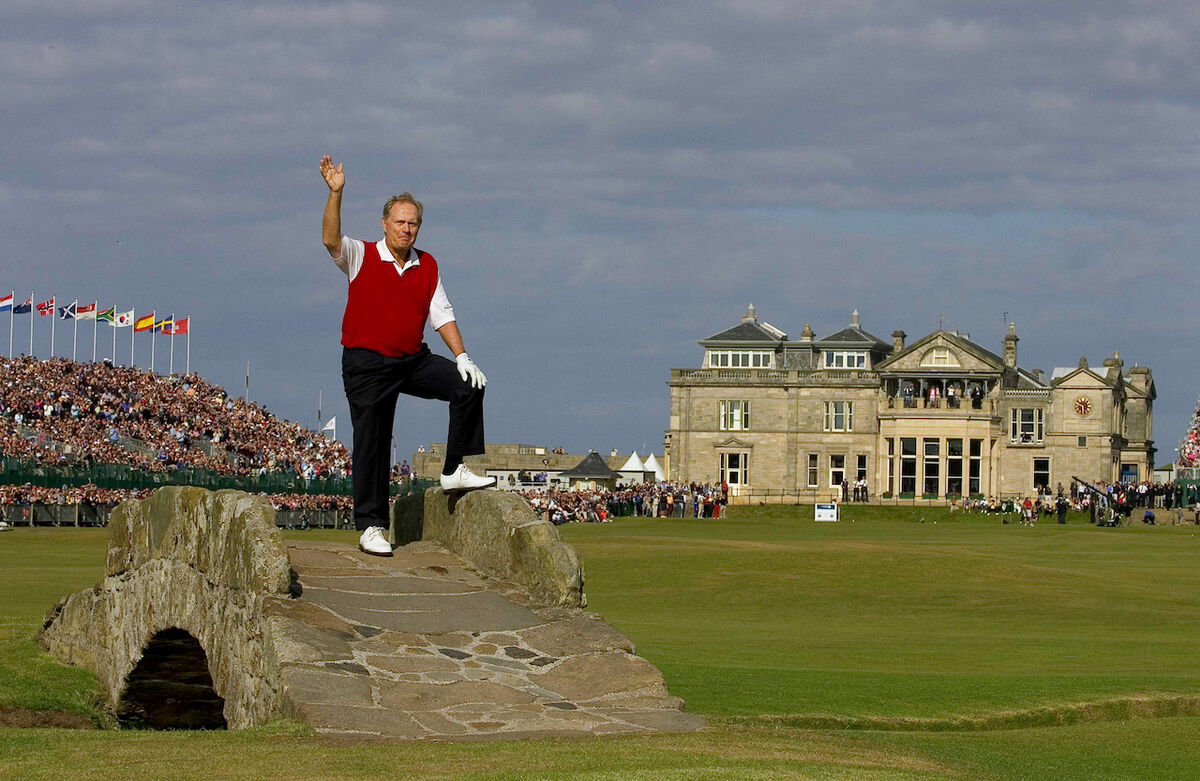
The British Open has been contested since 1860 and is the oldest of golf's four major championships, besting the second-oldest, the U.S. Open, by 35 years. With that much history, it's no surprise that the British Open has staged some of golf’s most memorable moments, and has significant history.
How The Open Championship Began
The first British Open, which is formally known as the Open Championship, was played on October 17, 1860. It was completed in a single day, played as three consecutive rounds, 12 holes each, in Scotland at Prestwick Golf Club.
The field was made up of only eight professionals and in the end, Willie Park, Sr. was the winner of the inaugural Open Championship.
The Claret Jug
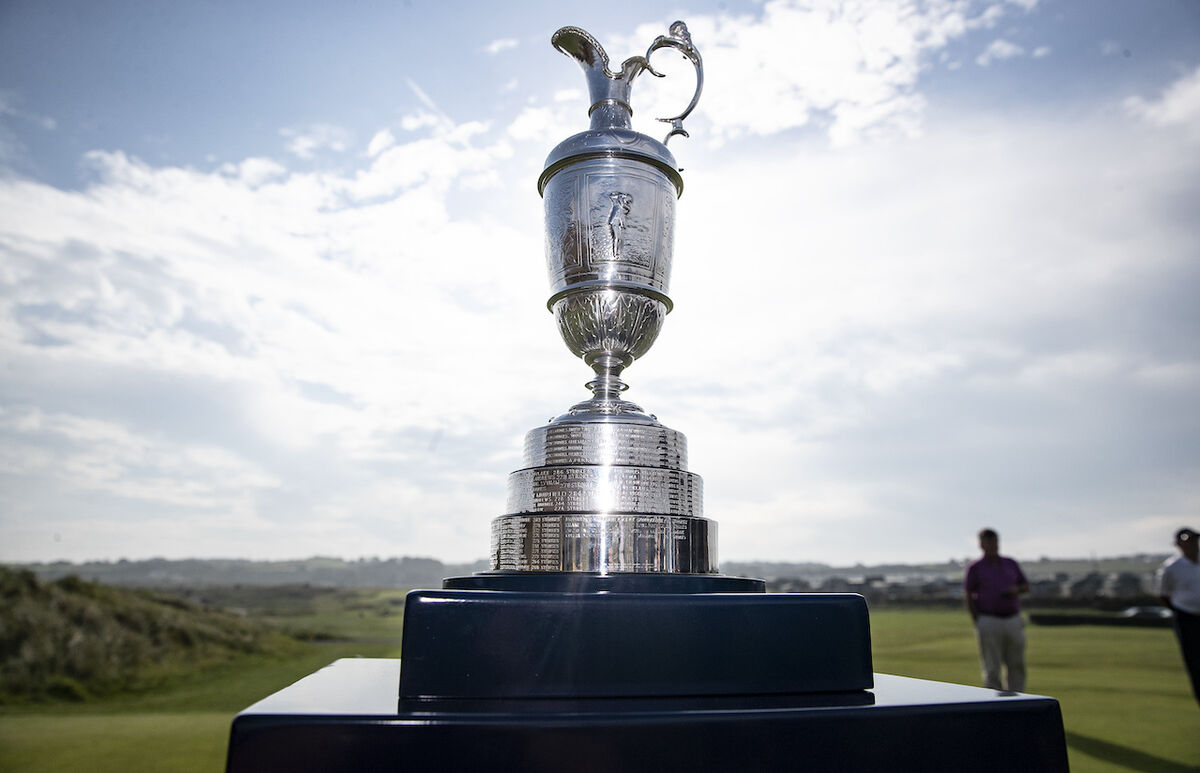
The Claret Jug is given to the winner of the British Open and it’s one of the most recognizable trophies in all of golf. The Claret Jug is made of sterling silver, stands approximately 20 inches tall, and weighs 5.5 lbs.
It wasn’t until 1872, however, that the Claret Jug was given to the winner. Prior to that, a leather belt with a silver buckle was presented to the champion, which the champion would be allowed to permanently keep should he win three consecutive Open Championships.
When Young Tom Morris won the event three consecutive times from 1868-70, the belt was retired and Morris kept it. Indecision on how to replace the belt actually led to the cancelation of the 1871 Open Championship.
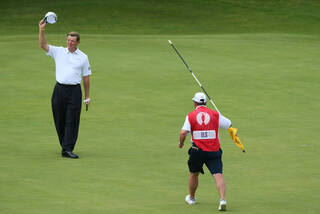
The Open Championship’s 9 Most Memorable Moments
Early Days of the British Open
Here's a timeline of some significant moments in the earliest year of the British Open.
1861
After the inaugural championship of only professionals, amateurs are allowed to compete in the event.
1872
In 1872, the British Open began alternating between Prestwick, Musselburgh and St. Andrews golf clubs in Scotland until 1894.
1892
The number of British Open entrants increased, prompting organizers to extend the tournament to 72 holes played over two days.
1894
England hosted the British Open for the first time at Royal St. George Golf Club. John Ball of Liverpool, England, won the Claret Jug.
Host Courses
As of 2021, 14 courses have hosted the British Open. The Old Course at St. Andrews has hosted the most with 29 championships. The British Open has been held outside Scotland and England only twice in 161 years. The two exceptions being 1951 and 2019, both years contested at Royal Portrush Golf Club in Northern Ireland.
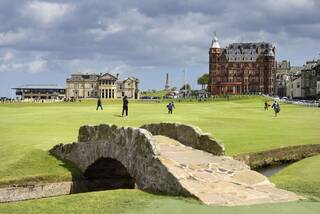
What Are the Courses on the Open Championship Rotation?
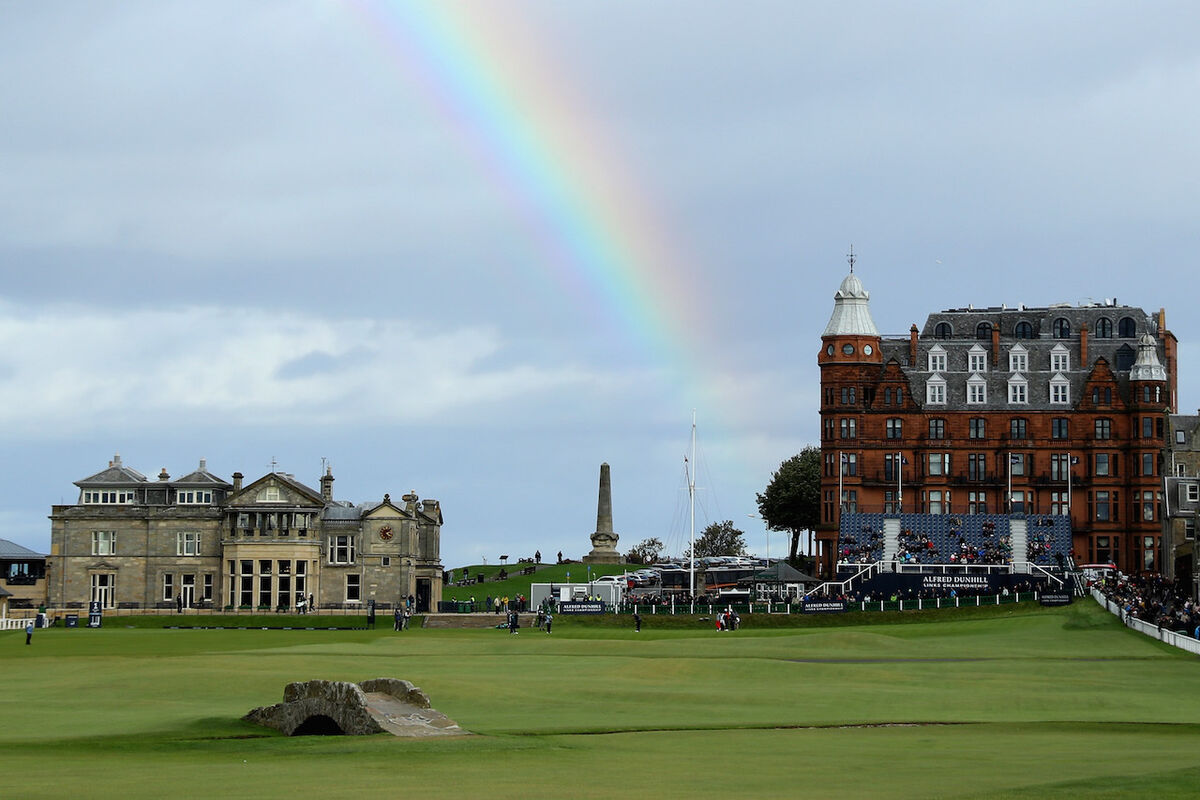
There are currently nine courses that serve as rotational hosts of the British Open: The Old Course at St. Andrews, Carnoustie Golf Links, Muirfield, Turnberry, Royal Troon Golf Club, Royal St. George’s Golf Club, Royal Birkdale Golf Club, Royal Lytham & St. Annes Golf Club, and Royal Liverpool Golf Club.
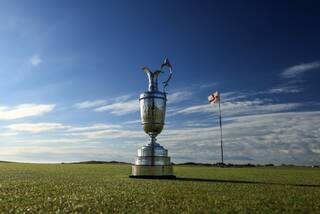
9 Open Championship Courses You Can Play
British Open Champions
Looking at the long list of British Open champions you find many of the most important names in golf history. Bobby Jones, Ben Hogan, Gary Player, Arnold Palmer, Jack Nicklaus, Lee Trevino, Seve Ballesteros, Tiger Woods, and many more.
Harry Vardon has won the most British Open championships with six (1896, 1898, 1899, 1903, 1911 and 1914).
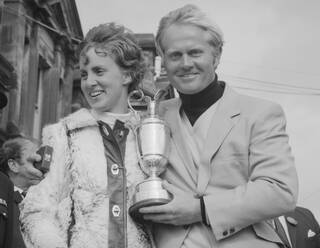
British Open Winners: A Complete History at a Glance